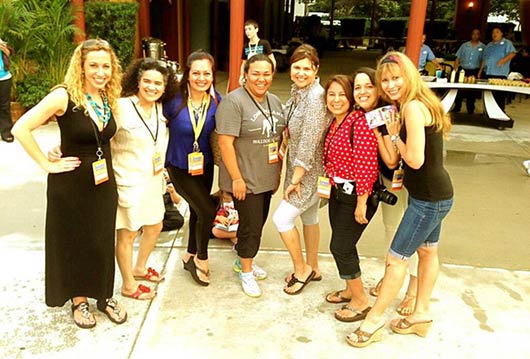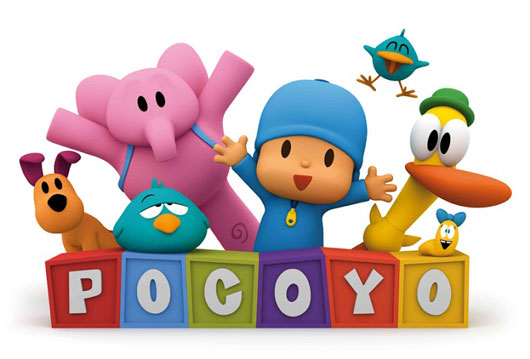
With the start of school around the corner, mamis are making all sorts of to-do lists in their heads: school supplies, bus routes, and extra-curricular activities. And while all those things matter, the most important thing to take into account is that we as parents need to be good role models for the high school student in our life.
Here is a list of 5 tips to support your teenage children through these crucial school years.
ENGAGE
By the time most teens enter high school, their parents or caregivers may think all the hard parenting work is behind them. Unfortunately, that’s not the case. Now, more than ever, your teen is facing incredibly tough choices and situations, such as peer pressure and academic stress. Don’t take it for granted that your teen will come to you for help. As a former high school teacher and coach, here is what I know. If you don’t ask your high schoolers, they won’t tell. So engage with them. Ask a lot of questions without prying. Make sure you are heavily involved in what is happening in your child’s life. Do your best not to be judgmental when helping your child make the best choices both at school and in life.
INFORM
Many adults assume that the less a kid knows, the less likely he or she is to get into trouble, so many avoid talking with them about sex, drugs and drinking. The high teen pregnancy rate is proof that a lack of information is no guarantee. In fact, it is projected that 52% of Latinas will get pregnant at least once before the age of twenty. Learn everything you need to know about sex, drugs, high school graduation and college entrance requirements. Share that knowledge with your children. Voicing your expectations (rather than making impositions) can often gently encourage young people to make choices that benefit them in the long run.
MODEL
By the time young people hit their teens, many adults feel role modeling isn’t important any more and that “do as I say and not as I do” is perfectly acceptable. However, the opposite is true, and we must continue modeling intention, integrity and responsibility.
TRUST
From an early age, parents should be teaching their children values and how to tell right from wrong. When they are older, the only way to find out if they have learned those valuable lessons, is to trust them. Do your best to appear relaxed as they take on appropriate challenges (fixing family dinners, applying to colleges, interviewing for a summer job) by not micromanaging the process. Be ready, however, to step in and support them when necessary. By trusting them, you are teaching them responsibility and preparing them for a future of healthy independence.
EXPLAIN
Cognitive development continues until the mid-twenties so the teenage brain isn’t ready to make every right choice and decision on its own. That’s why parents need to continue to set boundaries. However, it is a time to explain the reasons behind the boundaries. While the teenage years are years of exploration, our children still need our guidance and support.











